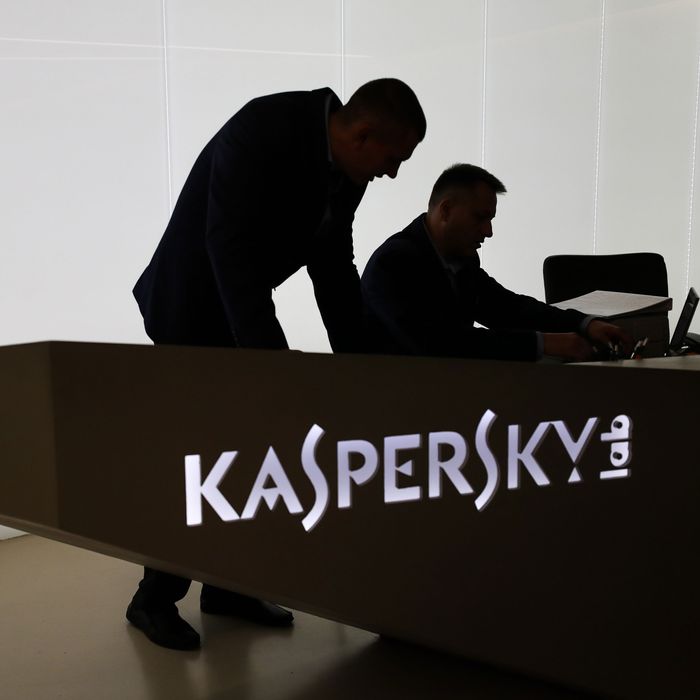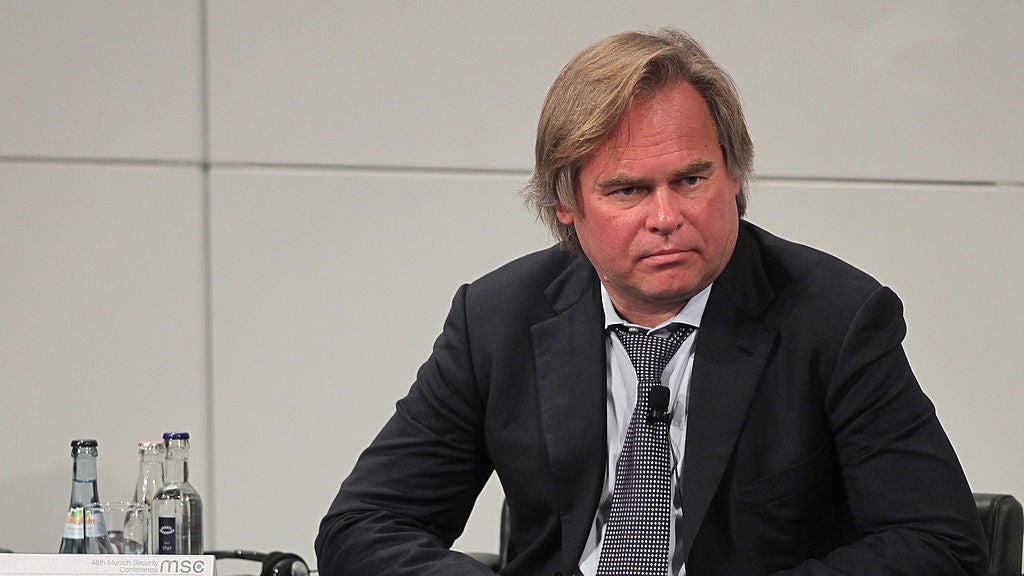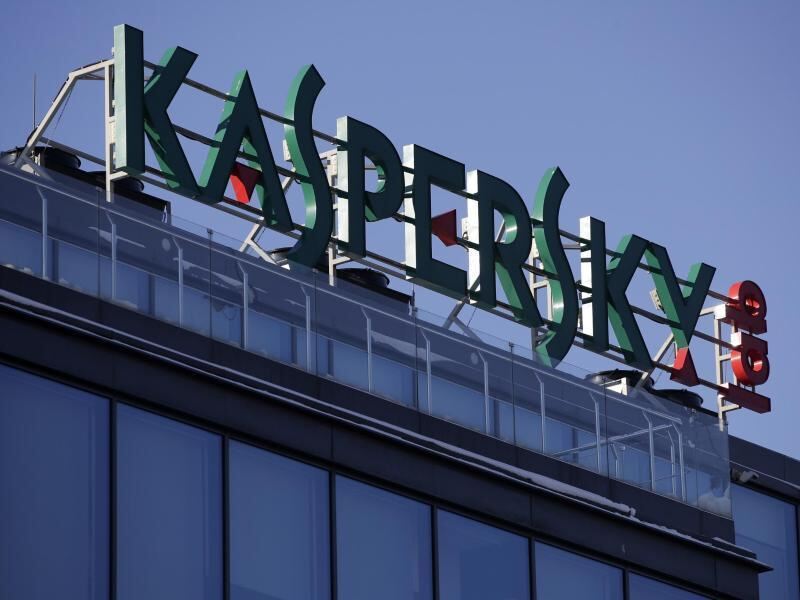

One month later, it was alleged that hackers working for the Russian government used Kaspersky software to steal classified material from an National Security Agency contractor, and it was alleged that Russian intelligence used the software to scan computers worldwide. The Department of Homeland Security issued an order in 2017 that Kaspersky products cannot be used within the US civilian federal government because of “ about the ties between certain Kaspersky officials and Russian intelligence and other government agencies, and requirements under Russian law that allow Russian intelligence agencies to request or compel assistance from Kaspersky and to intercept communications transiting Russian networks.”

Kaspersky’s chief executive, Eugene Kaspersky, formerly worked for the Russian military and was educated at a KGB-sponsored technical comments, but the company has denied that it has direct ties with the Russian government. Kaspersky offers a range of software including antiviruses, VPNs, ad-blocking, anti-phishing, and more.Īntivirus software generally scans programs and files as they enter the computer, or scans software already on the device.

It also released a lengthy statement to “address its and other regulators’ concerns”.

“We have received the request from the Italian DPA (GPDP) and are ready to communicate with the agency on any questions or concerns they may have”, Kaspersky said in a comment. “A Russian IT manufacturer can carry out offensive operations itself, be forced to attack target systems against its will, or be spied on without its knowledge as a victim of a cyber operation, or be misused as a tool for attacks against its own customers,” BSI reportedly said. The German cyber security agency has also claimed that Kaspersky’s anti-virus software could pose a serious risk if it is used by Russian government agents to hack IT systems.


 0 kommentar(er)
0 kommentar(er)
